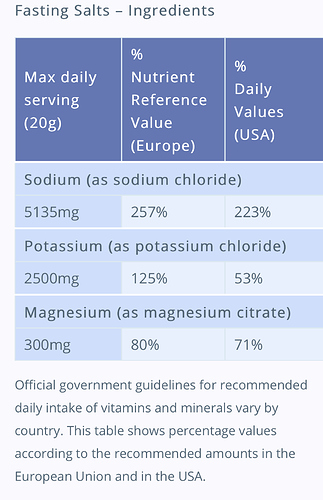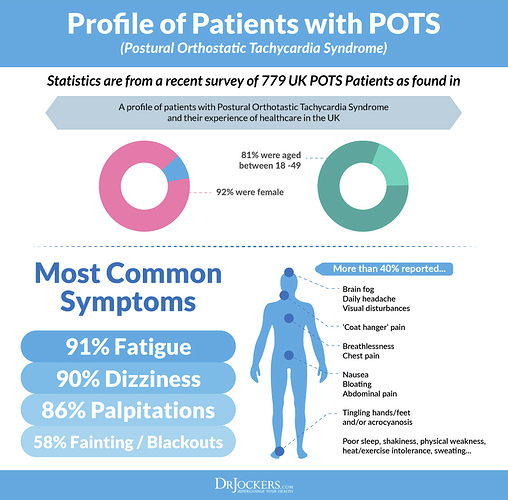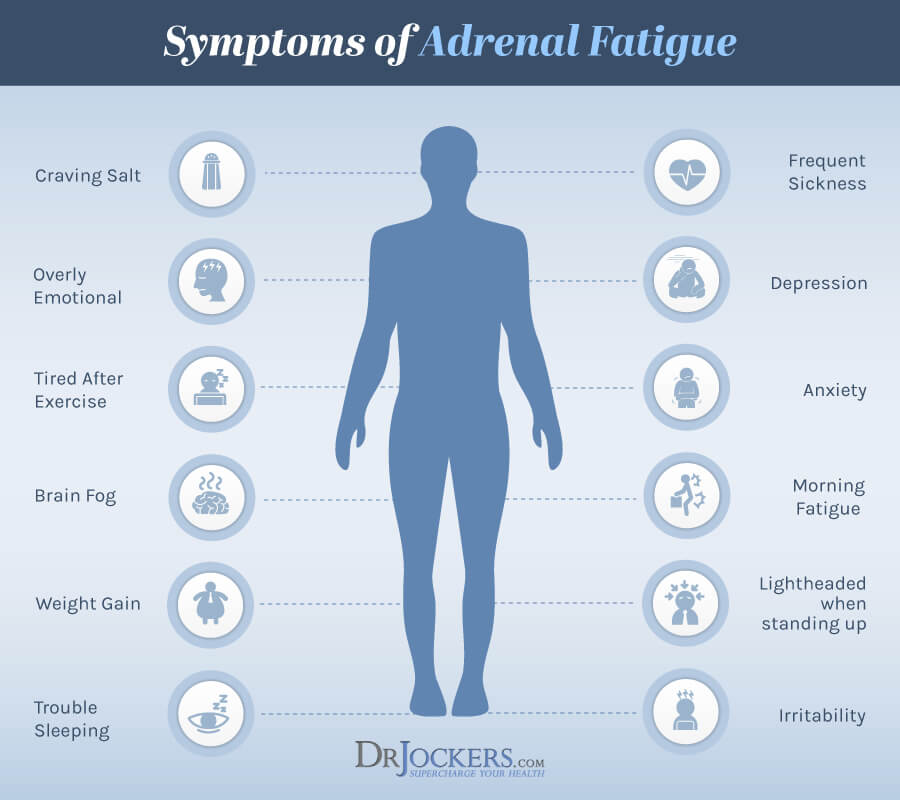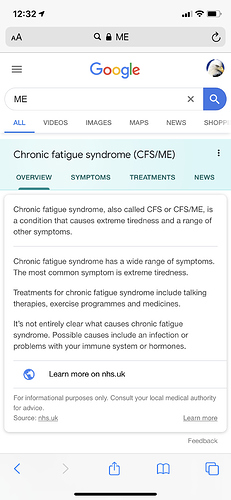Hi, I’ve been doing the keto diet for just over 9 weeks now. I’ve found the diet easy to follow
Main reason I was doing it was for health - I have ME/CFS. So to hopefully get more energy ( not seen any improvement yet but no worse ) . 2nd reason to lose weight, and I’ve lost 1 stone 7lbs so far which is good 
But the one real problem I have since started nd my heartbeat is racing, I’ve always had a fast heart rate since I’ve been ill but since starting this diet it’s much louder (I can hear it in my ears a lot of the time) and it’s faster. I can hear it really loudly when I’m resting, or listening to music or anything Sick of hearing it.
I’ve read that this can happen during the first few weeks, so I was hoping it would have gone away now
I don’t wanna give up, but I don’t wanna have these loud constant heart palpitations in my ears. I’m gonna give it another 2 months and review it at the end of July.
I’ve been supplementing with potassium and magnesium since week two and adding salt to my water. Any other suggestions?
I’m thinking to buy this product? Fasting Salts – pure electrolytes powder by Nutri Allign




